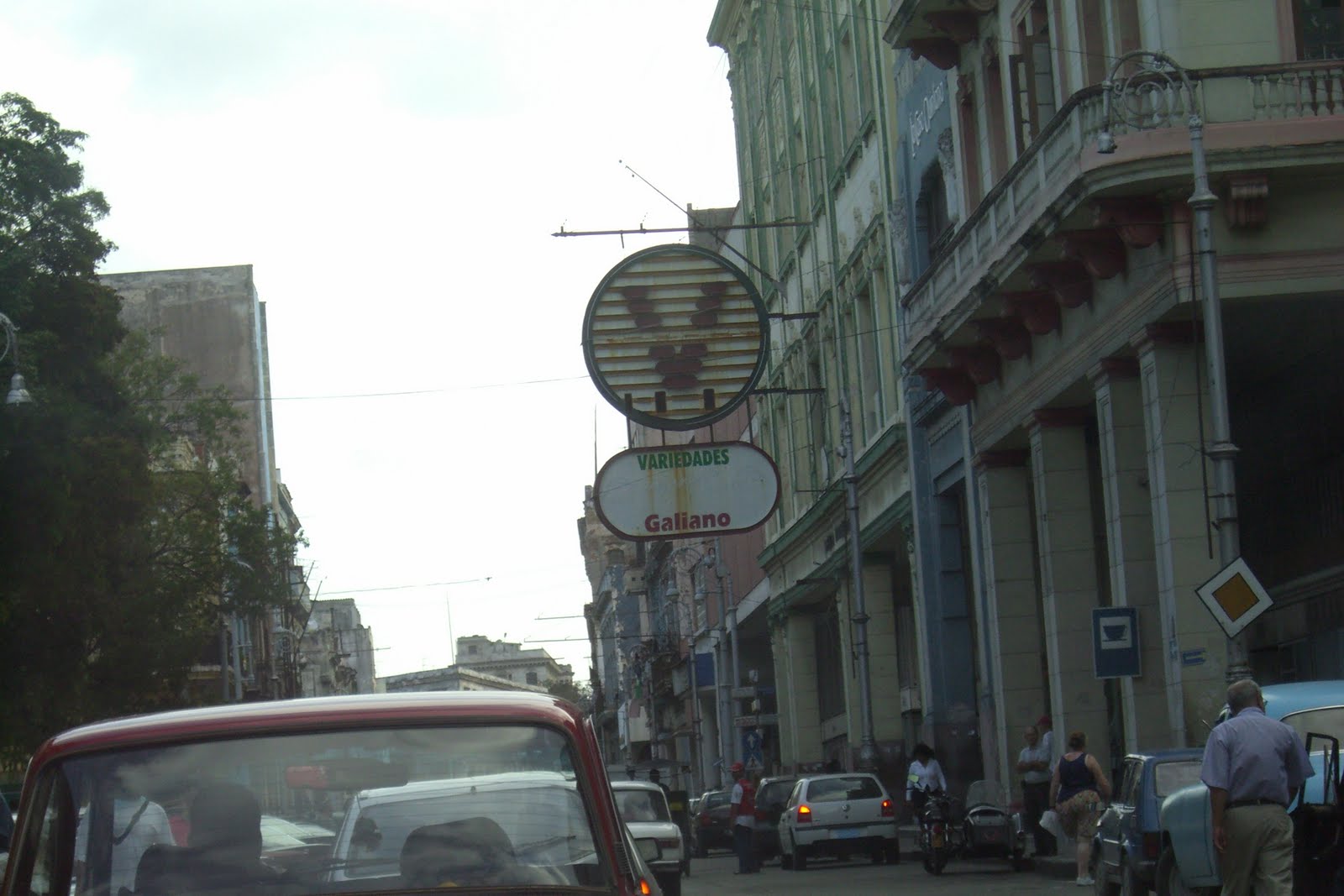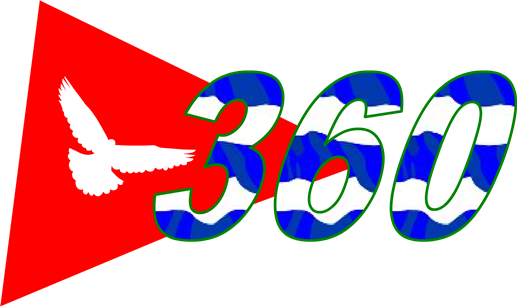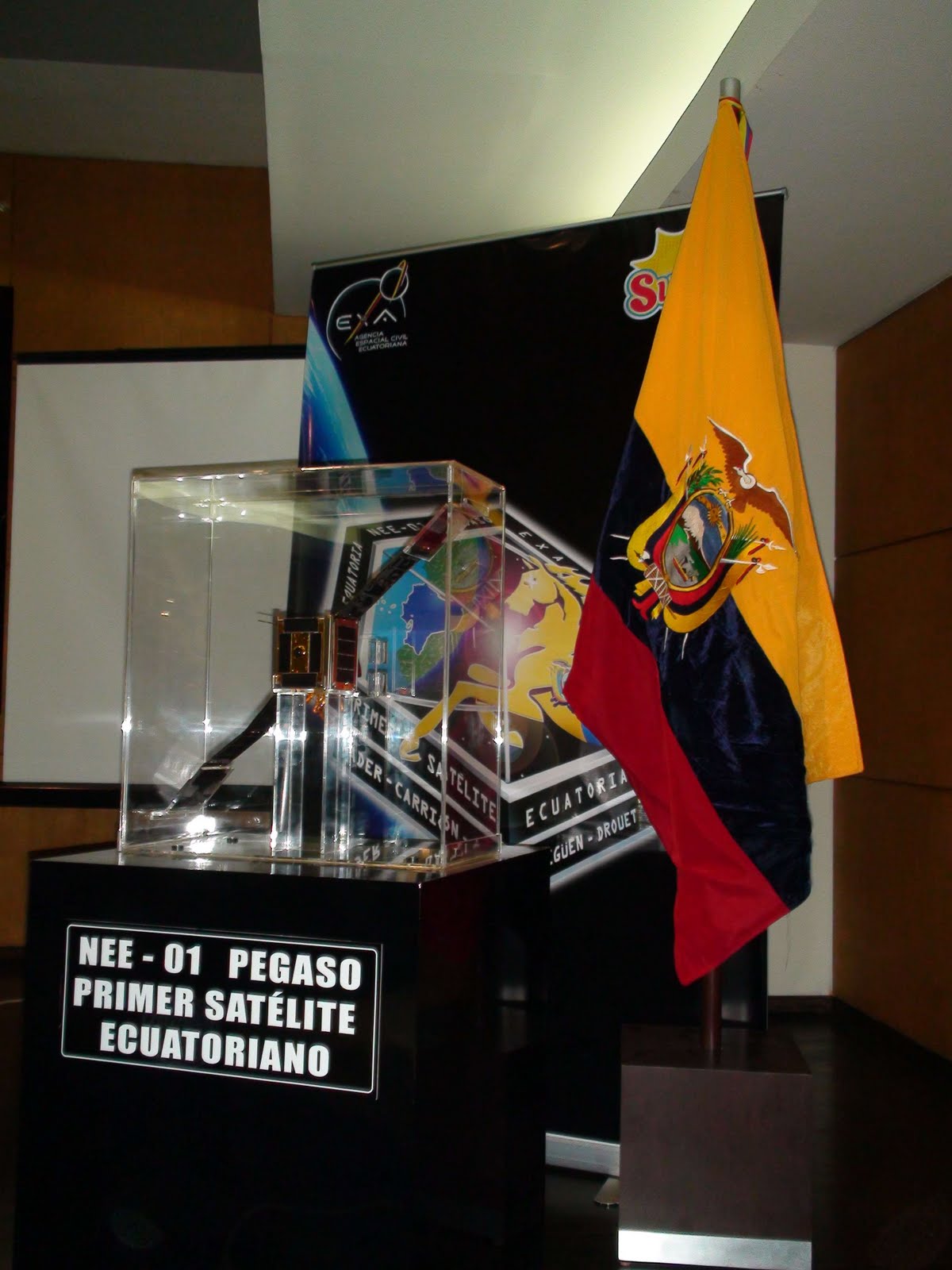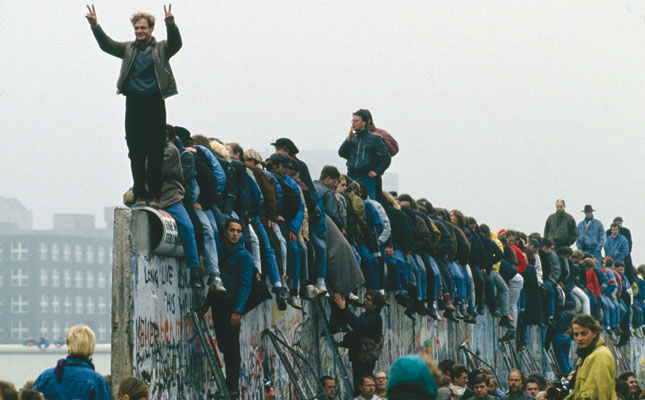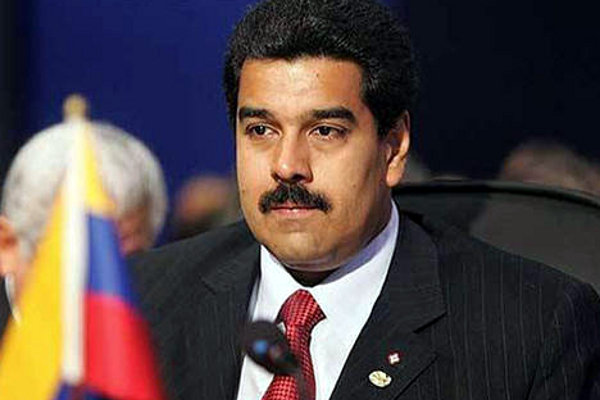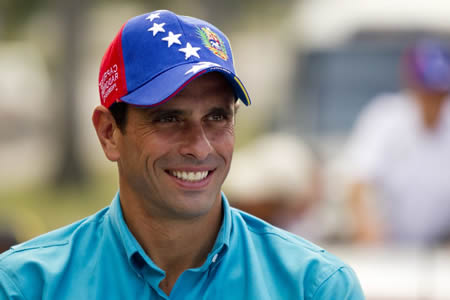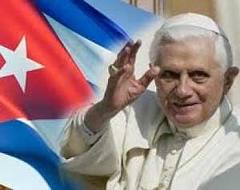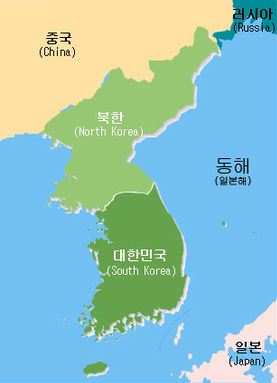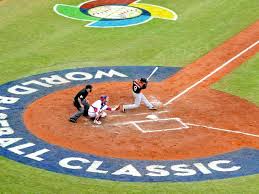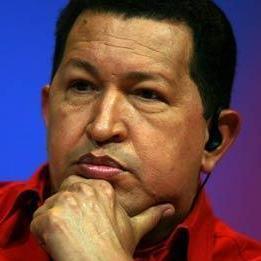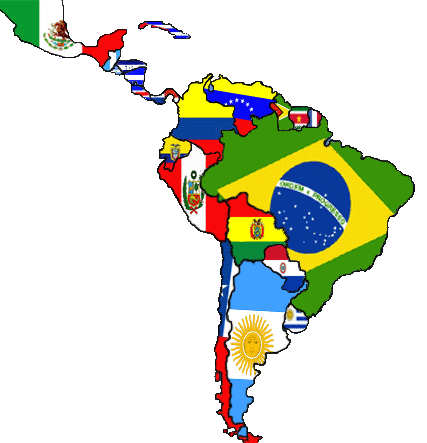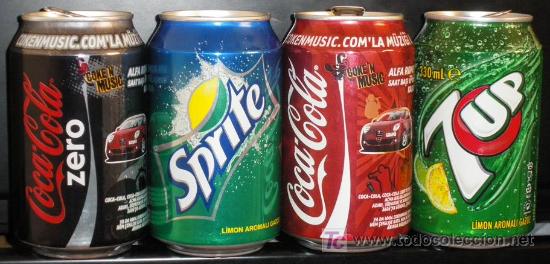
My neighbor is a retired woman of the ’third age.’ Her last fixed job was at a tourist hotel on the beach. Now, despite the infirmities of old age, diabetes, and the orthopedic disorders she suffers from, she collects discarded aluminum cans on the beach try to balance her basic expenses with her income. Empty cans of soft drinks, canned beer and malts, abandoned and thrown everywhere, are the object of her search and collection for which she uses a small two-wheeled contraption and a sack of plastic fibers; she bends over, picks up the container, then places it in her sack and walks on, this is the routine of her new job.
The Raw Material Recovery Business pays eight Cuban pesos for every kilogram of aluminum, which is 72 empty cans. So to collect 24 Cuban pesos, one dollar or Cuban Convertible Pesos (CUC) — which is the same — she needs 216 cans, which is a very serious task for someone approaching old age. Ah! But not only that, she’s required to crush the cans in order to sell them to the raw materials place, so my neighbor, which is a stone that she has to take between both hands for lack of a better took, crushes them one by one on the balcony of her house. But what is surprising is that she is happy in her new deal, because it allows her to survive.
To work most of your useful life, providing goods and services, contributing to retirement funds, and then have these payments be symbolic, is widespread in our everyday labor market. You only hear or read about it in the media when they are talking about other countries, with regards to our own they remain silent, becoming silent accomplices, and as payment, they are the potential victims in the future. When we see old people in our environment searching the garbage cans, looking for something; when we see them selling trinkets or grocery bags in the corners, we should have the courage, all of us, to speak out and to demand attention to this injustice.
13 June 2013

